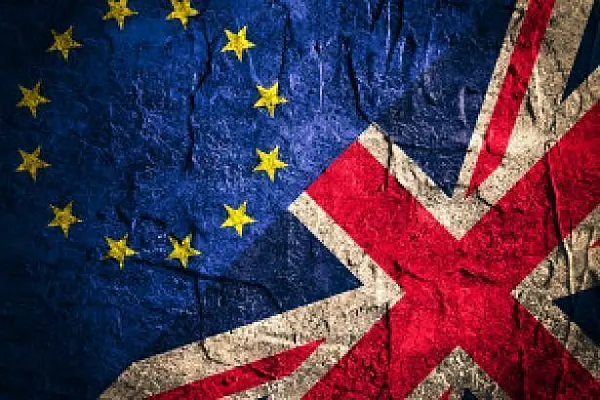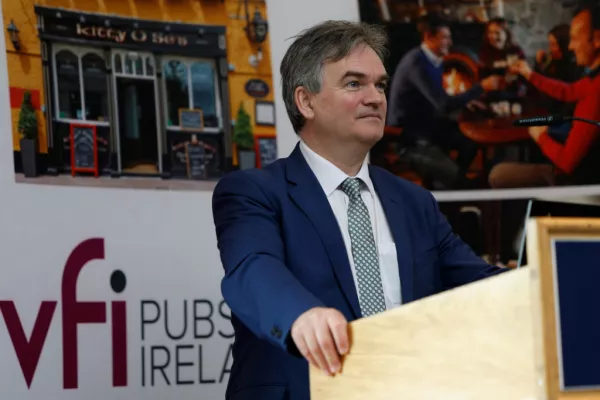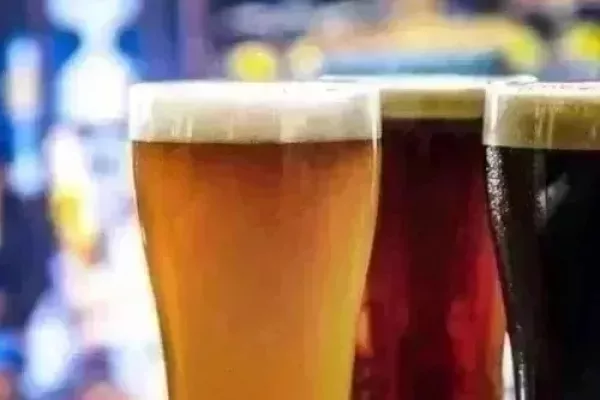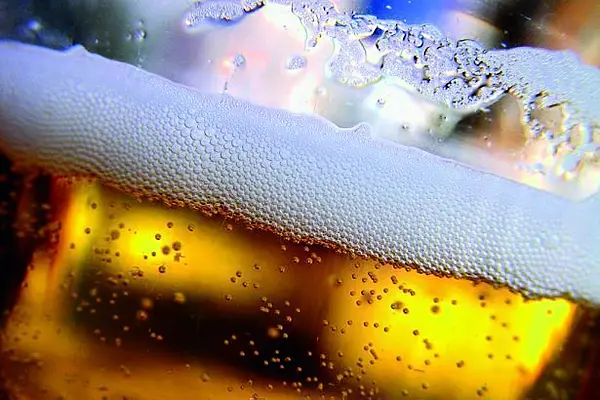Following assertions last week that Ireland needs to advance its economic response to Brexit, The Drinks Industry Group of Ireland (DIGI) has called upon the government to draw up a ‘Brexit Budget’ for 2018 that prioritises the protection of Ireland’s drinks and hospitality sector, which supports nearly 210,000 jobs.
The call was made at the National Economic Dialogue (NED) taking place in Dublin Castle today (Wednesday 28 June).
According to Patricia Callan of DIGI and Director at the Alcohol Beverage Federation of Ireland (ABFI), the UK’s vote to leave the European Union has created a “perfect storm of economic uncertainty” for Ireland. Export growth has slowed, cross-border shopping has increased and sterling has dropped 15% against the euro in the year since the referendum.
There was also a 6.8% drop in the number of British tourists travelling to Ireland from January to May of 2017 compared to the same period last year. The UK accounts for nearly 40% of Ireland's tourism trade, making this drop extremely worrying for the country's hospitality sector and the decline in UK visitor numbers looks set to continue for the foreseeable future.
Callan commented, “A continued shrink in British tourism numbers will be felt most in rural communities, where the drinks and hospitality sector is often the primary or, indeed, only employer. To protect jobs and encourage investment, it is imperative that the government produces a Brexit strategy and, this year, prioritises the creation of a ‘Brexit Budget’ which contains measures that safeguard Ireland’s key growth sectors, like hospitality."
She then declared, “In this budget, DIGI is calling for a reduction in Ireland’s alcohol excise tax, which is the second highest in the EU. Ireland’s hospitality and drinks sector is consistently ranked among our top tourist attractions, but with a decline in the value of sterling, both are becoming expensive. A decrease in excise would help to make Ireland more affordable as a tourist destination, and put more money back in the pockets of Irish consumers.”









